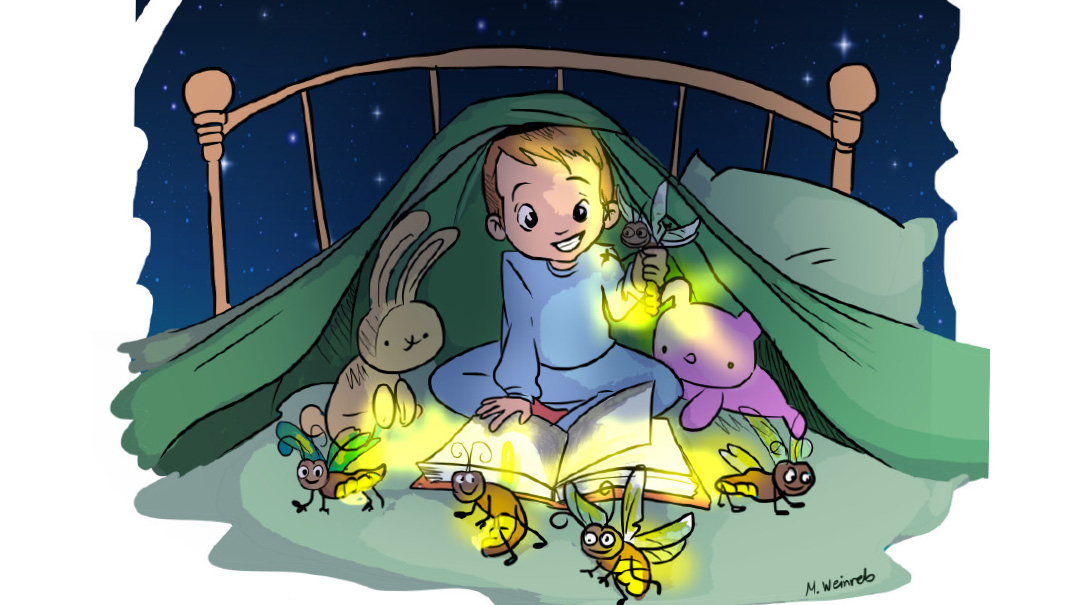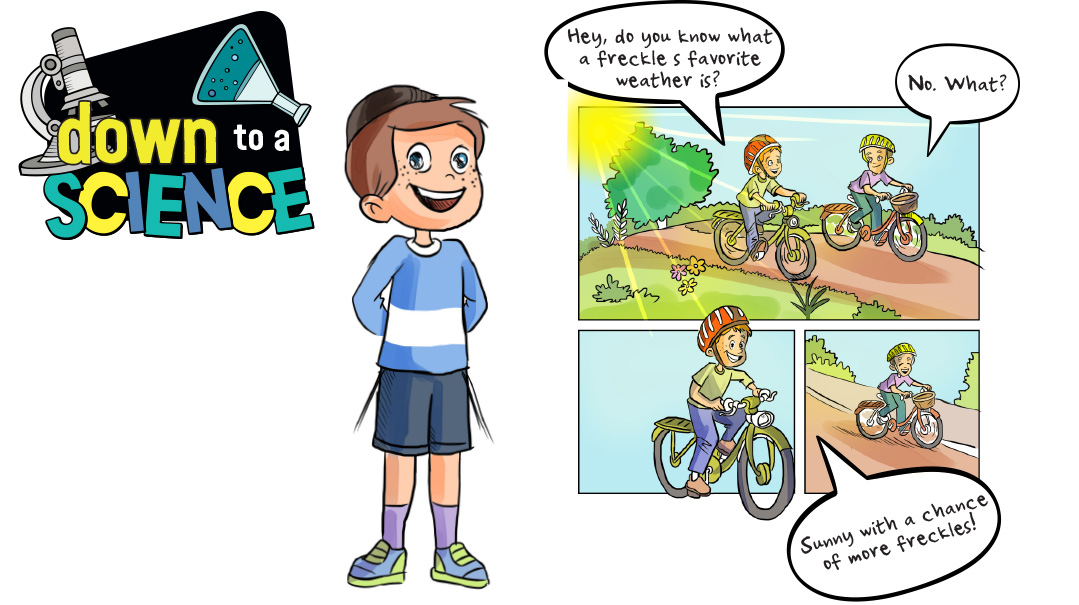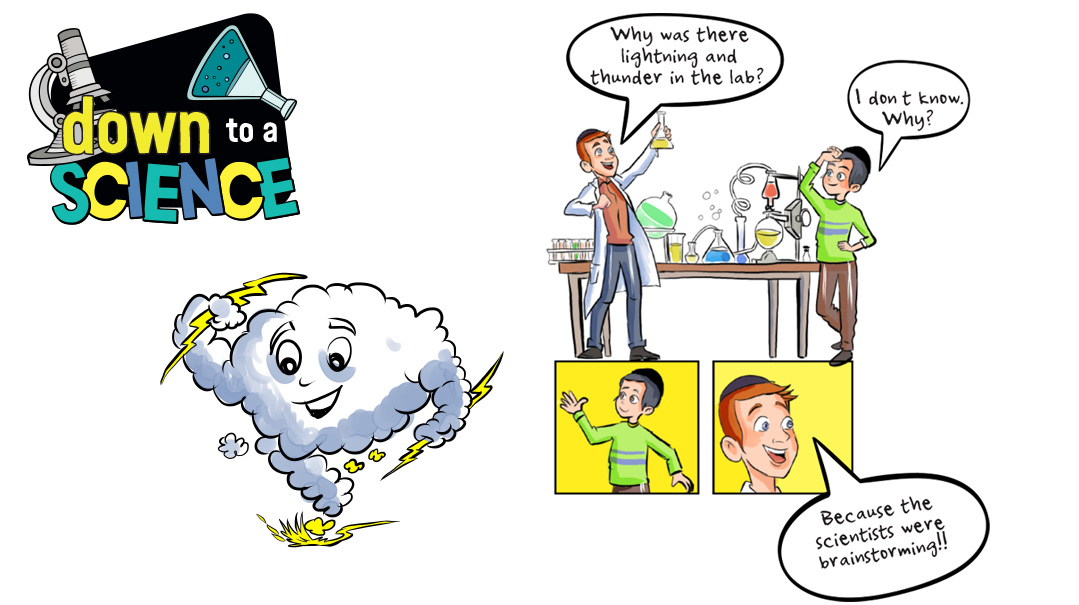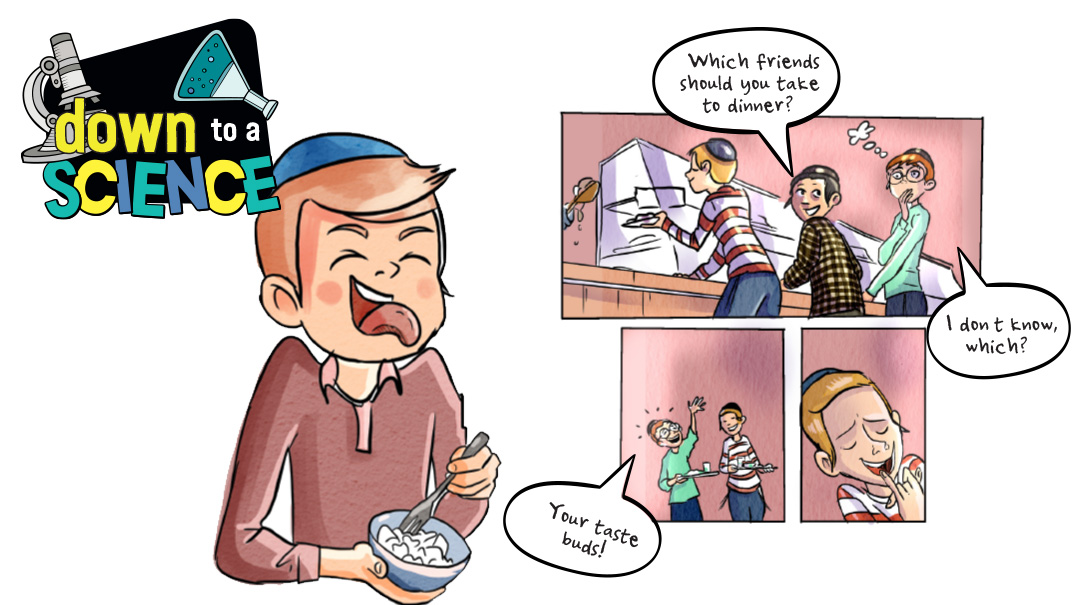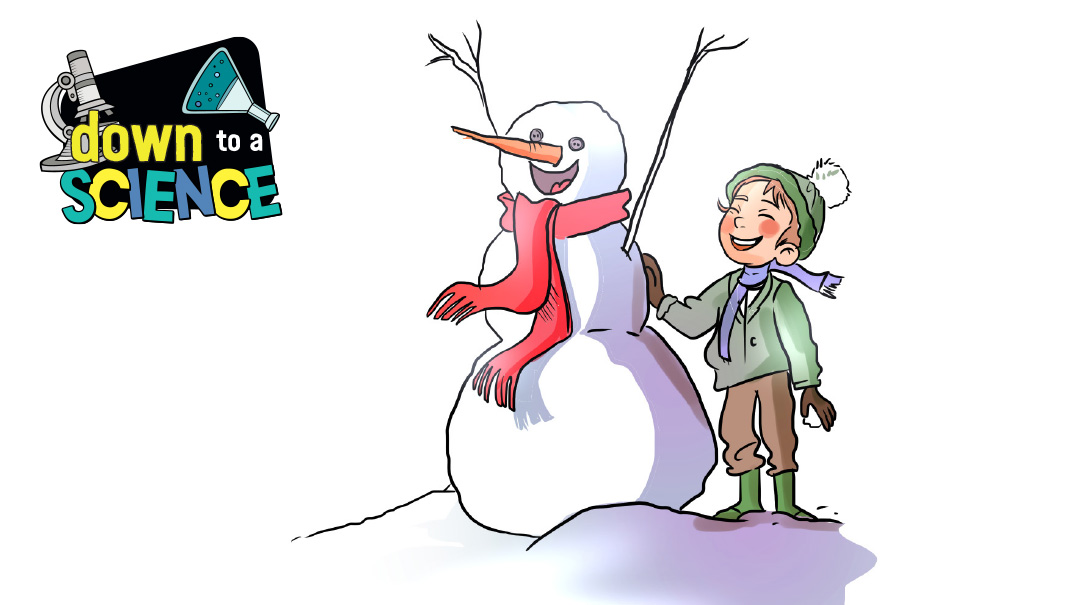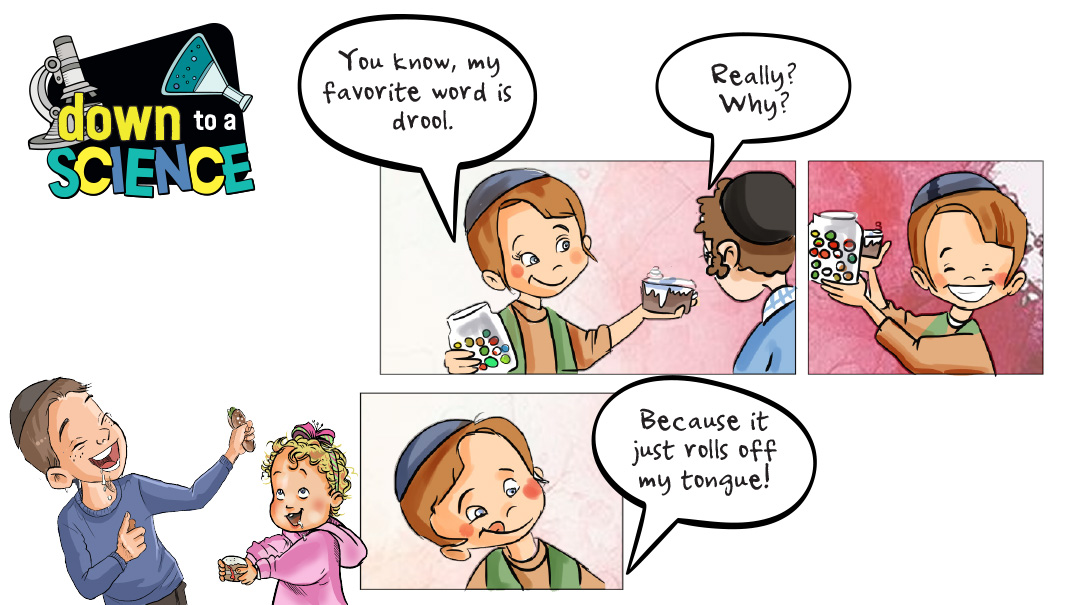What Makes Us Sneeze?

I stared at my brother and realized that I had just watched him perform an act of sternutation!
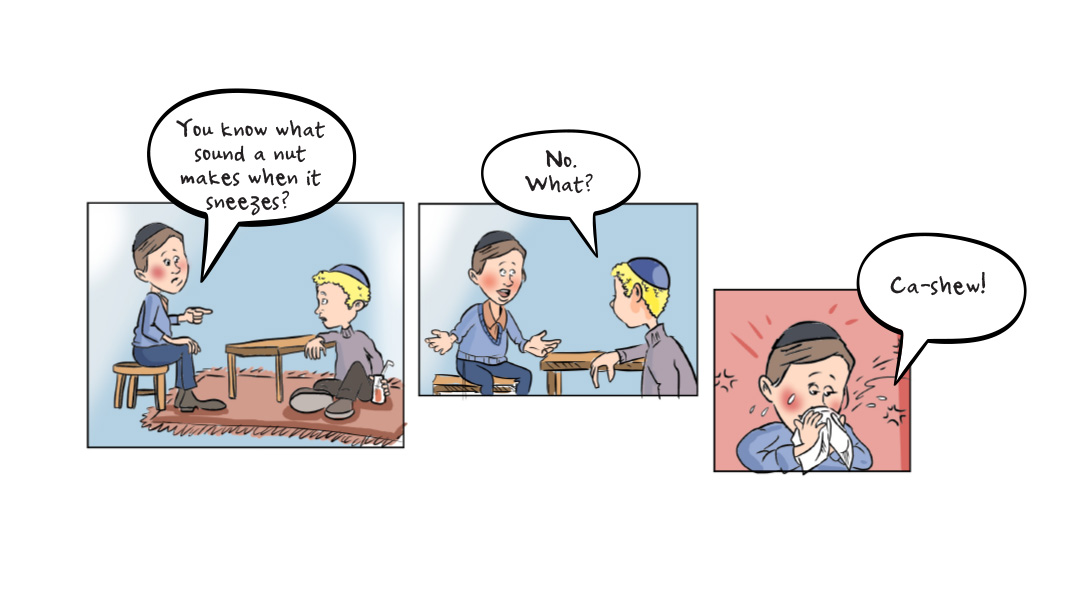
Hello kiddos,
This is Professor Mordy Maven, Thinker, Wonderer, and Figure-Outer of all things Science-ish. What that basically means is I try really hard to figure stuff out. I do the hard work so you don’t have to!
You won’t believe what happened to me yesterday. I was standing outside in the garden, racking a massive pile of leaves, when suddenly there was a terrible noise, somewhere between a roar and a shout. I felt the ground shake beneath me. The windows of our house shuddered and my hair blew back from my head. “EARTHQUAKE!” I screamed at my brother as I ducked into the doorway. But a moment later, I realized that the earth hadn’t quaked at all.
I looked around. Everything was still exactly where it had been before. So what had happened? I stared at my brother and realized that I had just watched him perform an act of sternutation! And we all know what that means, right? Yup, air, mucus, water, and foreign particles were being propelled out of that kid with incredible force.
In other words, my brother sneezed.
After I came out of the doorway, I realized that I couldn’t keep ducking into doorways every time one of my siblings sniffled. I needed to understand more about sternutation.
So I did some sniffing around to try to find out why it happens. Is there anything to do about it? Which brand of tissues is best? With these questions burning in my mind, I set off on my hunt to discover what makes us sneeze.
As it turns out, sneezing is basically a way for your nasal passage to clean itself out, kind of like vacuuming your rug, only it’s blowing out, not sucking in, and it’s your nose, not a rug. Obviously! It’s like this: When a foreign particle, like dust, dirt, pollen, or smoke, enters your nose, it touches the tiny hairs, called cilia, that line the inside of your nose. Once the cilia get tickled, they send a message to your brain. Like anyone who’s ever been tickled, they’re basically screaming, “Stop tickling me!”
Now, your brain wants the hairs in your nose to stop screaming, so it sends a message to your body to prepare to clear your nose. At this point, a whole bunch of things happen. You take a deep breath, which causes the muscles of your chest to tighten. Your eyes squeeze shut, your tongue moves to the roof of your mouth, and all your muscles brace themselves. Then, when you release your breath, the air travels quickly out of your nose. And then… ACHOO!
What happens after that? Well, let’s see. Your sneeze can travel up to 100 miles an hour and the spray from your sneeze can travel five feet. Inside that spray are up to 40,000 droplets that are released into the atmosphere. Pretty disgusting, right? But also, really cool. I mean, your body is taking care of itself by expelling intruders. What a system!
Okay, so that’s what happens when we sneeze. But what makes us sneeze?
Oh, boy, a whole lot of things! Sometimes we sneeze from allergies, like pollen, dander, mold (hmm… a lot of things that are found in a garden). When people who have allergies sneeze, it’s because of histamines. (Unless it’s a girl, then it’s because of herstamines. Just kidding!)
Let me explain. When the substance you’re allergic to enters your body, the body releases a substance called histamine to attack it. The histamines trigger the allergic reaction, causing sneezing, coughing, and runny nose. The sneeze shoots the particles out of your nose rather violently. It’s kind of like a war in your nose!
But sometimes you’re not allergic to anything. You just have a yucky, sniffly, sneezy cold. In that case, your body is trying to get the germ or virus out of you. Unfortunately, sneezing causes all those yucky germs to spread out in the air. So, you may get it out of you by getting it into someone else!
Here’s a weird one. About one third of all people experience photic sneeze reflex, which is a fancy way of saying that they sneeze when they look at the sun. Why? Well, they’re suffering from the ACHOO syndrome. I’m not kidding. That stands for Autosomal-dominant Compelling Helio-Ophthalmic Outburst. Scientists think that in these people, the eye and nose nerves are crossed. So when bright light stimulates the optic nerve, it also stimulates the nerves that cause the sneeze reflex.
Now, I know what you’re thinking: Why is Mordy making such a big deal out of a simple sneeze? Well, you should know that sneezing is pretty powerful. It can cause someone to sprain their back, break a rib, and even change the rhythm of your heartbeat. (But don’t worry, your heart goes right back to normal afterward.) What’s even more dangerous is holding back a sneeze. That can break blood vessels in the eye, cause fainting, or even a stroke. So definitely don’t do it!
But even if I can understand that my brother only sneezed because he’s allergic to our garden, why does he have to sneeze so incredibly loudly? Well, it turns out that’s not really his fault either. The sound a person makes when they sneeze has to do with the strength of their abdominal muscles, the size of their windpipe, their lung volume, and whether they sneeze out of their mouth or nose. That’s a lot of things they can’t control. I guess I can’t blame him for that… But he should definitely learn to cover his nose and mouth!
Basically, what I learned today is that sternutation happens when your body decides that it’s sick of things hanging out in your nose that don’t belong there. So, it causes a mini earthquake to shake it loose!
Here are some fascinating facts about sneezing
You can’t sneeze when you’re asleep! That’s because the muscles that cause sneezing are sleeping too.
The longest sneezer ever was Donna Griffiths of Worcestershire, UK. She sneezed non-stop for 978 days!
You produce two and a half pints of mucus every day! Yuck!
I hope that helped solve the mystery for you, kids. And with that, I’m on to my next quest…
(Originally featured in Mishpacha Jr., Issue 936)
Oops! We could not locate your form.

